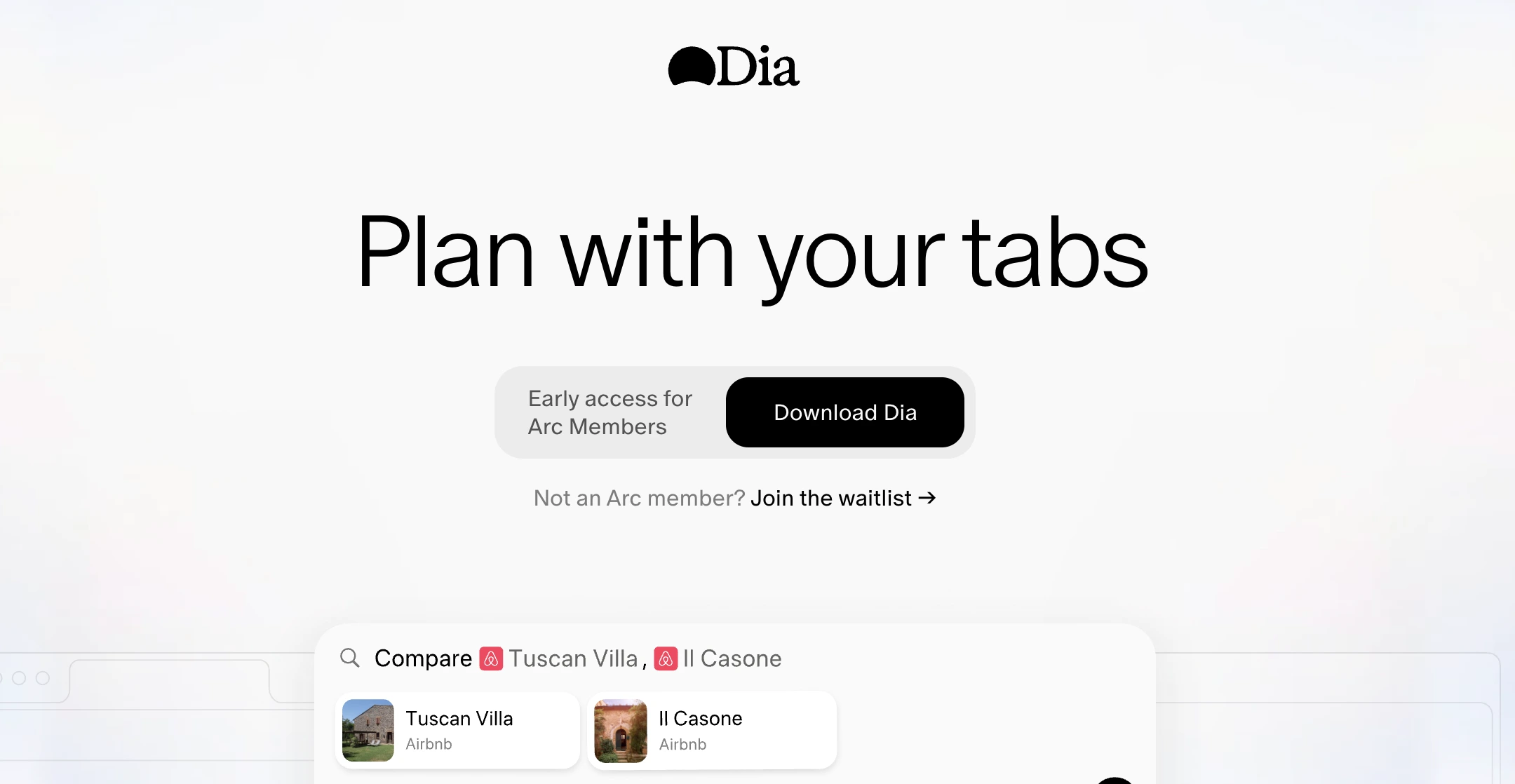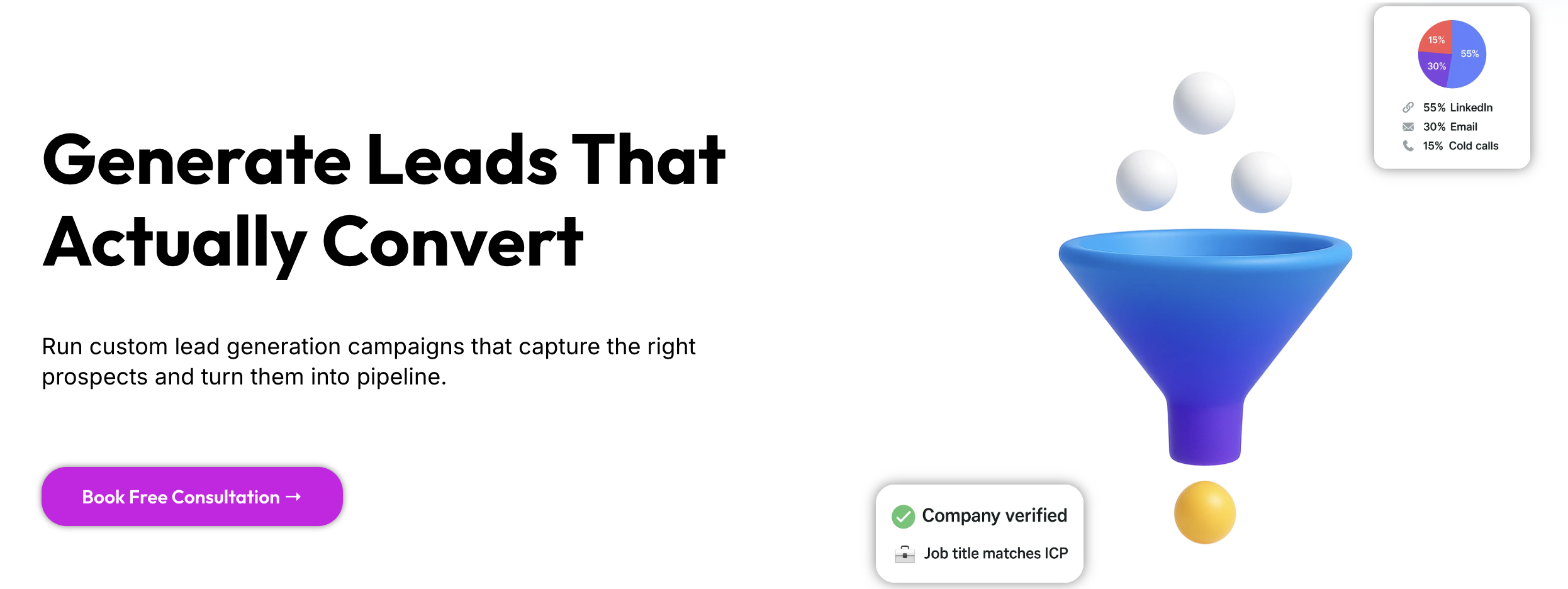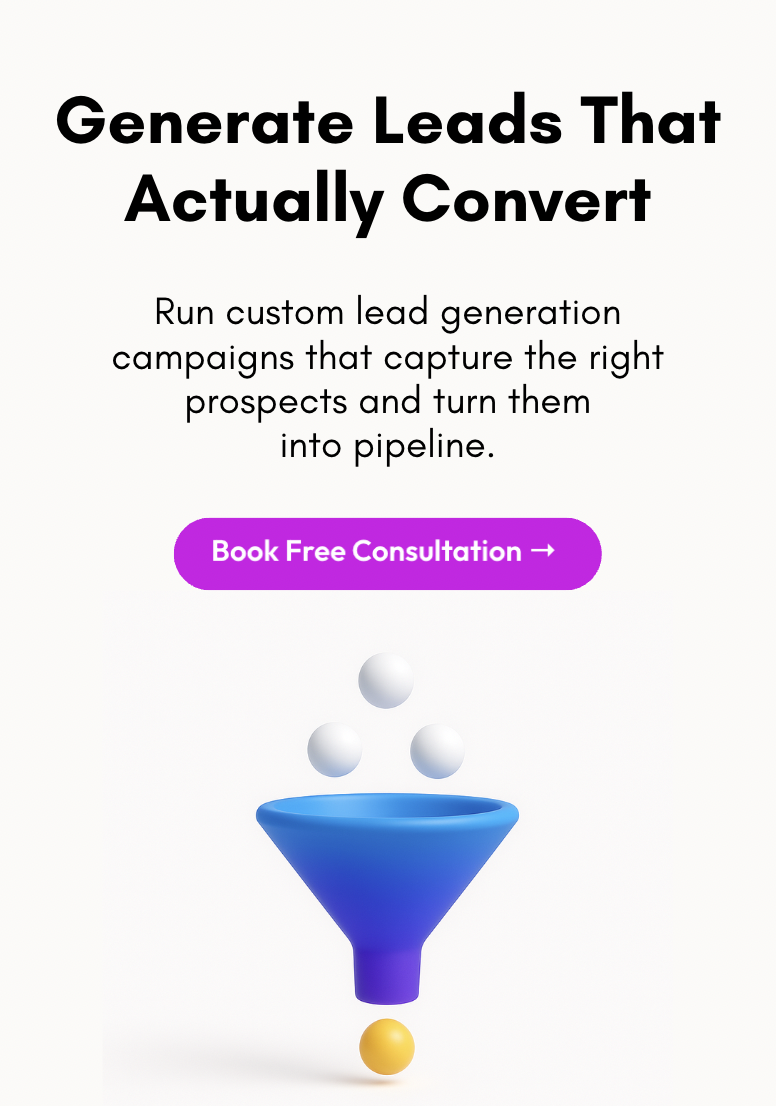AI Browsers Are Replacing Search: What Businesses Need to Know
📅 Published: June 20, 2025 | ⏱️ 10-12 min read
Introduction
A quiet shift is underway in how we browse the internet. AI browsers are emerging quickly — and they don’t just show you results. They give you direct answers, summaries, and suggestions without ever needing to visit a site.Platforms like Comet, built by Perplexity, and tools OpenAI is developing are leading the charge. They promise a faster, more seamless internet experience that’s poised to change user behavior.
Big players and startups alike are jumping in – from Microsoft’s Bing chat in Edge to Opera’s AI sidekick “Aria,” and dedicated AI browsers from firms like OpenAI and Perplexity.This matters because users may never reach your website at all. As discovery becomes more verticalized and contextual, the rules of SEO, content placement, and web traffic are being rewritten.
Let’s explore what’s happening and what your business should do to stay ahead.
AI Browsers Like Comet and OpenAI’s Tool Are Changing Web Habits
1. Perplexity’s new “Comet” browser

“an operating system with which you can do almost everything,”but adoption may be slow given Comet is initially limited to paid subscribers.
💡 Why it matters: If your content isn’t optimized for AI summary engines, you may not be included in these responses. And if your competitors are, they’ll own the buyer’s attention.
2. OpenAI’s upcoming browser: built to replace Google Search?

This raises critical implications:
-
Click-through rates from AI browsers will likely be lower.
-
Your metadata, schema, and on-page clarity will matter more than ever.
-
Content must be written for both humans and AI, clearly answering questions in structured formats.
“Even if your page ranks #1 on Google, AI may decide to summarize someone else’s content instead.”
That’s a new layer of competition marketers need to prepare for.
3. The Browser Company’s Dia

This is part of a broader trend where AI tools reshape the behavior loop itself, not just the content we see, but how we see it.
Rev-Empire’s Take – Why This Matters for Business
Here’s how AI browsers are changing the game for marketing and growth teams:
1. Content and SEO strategies will need a revamp
If your customers start getting answers from AI browsers without visiting your site, the old playbook of driving traffic via SEO is under threat. Businesses should start planning for an AI-driven search landscape. For example, ensuring your content is indexed by these AI assistants, providing proprietary data or tools that AI summaries can’t fully replace, and focusing on brand presence (so that even if the AI gives the answer, it references or links you as the authority).The bottom line: you may need to optimize not just for Google, but for AI algorithms and chat results.
2. New opportunities in customer engagement and productivity
On the flip side, AI-powered browsers could be useful for businesses internally and in B2B scenarios. Imagine sales or research teams using an AI browser to summarize market reports or crunch through multiple websites quickly – that’s a productivity boost. Customer service might shift too: users could employ their AI browser to get information about your product (instead of asking your support), so having up-to-date, AI-friendly FAQs or documentation online becomes crucial. Some companies might even develop their own browser plugins or AI integrations to better serve customers who are using these tools.In short, be ready to meet your audience where they are, even if that’s in a chat sidebar of a browser.
3. Advertising, data and partnership models will evolve
Fewer clicks mean fewer signals. Expect your retargeting and attribution data to get patchier. You’ll need to rely more on first-party data, CRM integrations, and contextual partnerships to stay visible across the customer journey.
If you are a SaaS company, for example, your feature pages and documentation should now speak to AI assistants too, using structured layouts and FAQ-style answers.
For publishers and service companies, being featured in an AI browser response may drive more visibility than ranking #1 on Google ever did.
What to Do Next
-
Audit your top content: Can it be summarized clearly by AI? Would it still make sense without full context?
-
Review your meta tags, structure, and headline clarity.
-
Diversify your traffic: Don’t depend on traditional search alone.
-
Track how users are finding your brand — not just through GA, but from tools like Perplexity, ChatGPT, Arc, and others.
The search experience is getting smarter. Make sure your marketing is evolving with it.
Reach out to us for a free sales consultation at contact@rev-empire.com
Categories
Recent posts
Share on socials
FAQs about AI Browsers and SEO
What is an AI browser?
An AI browser is a web browser powered by artificial intelligence. It can summarize information, provide direct answers, and help users navigate the internet more efficiently, often without needing to visit multiple websites.
How will AI browsers affect SEO?
AI browsers reduce the need for users to click on traditional search results. This means businesses must structure content in a way that makes it easy for AI to summarize and present clearly, not just aim for top rankings.
What is the Comet browser by Perplexity?
Comet is an AI-powered browser created by Perplexity that integrates AI search and summarization directly into your browsing experience. It allows users to get answers quickly without visiting multiple sources.
Will OpenAI replace Google Search?
OpenAI is developing a native browser tool that could change how users search by offering direct, AI-generated answers instead of a list of links. While it may not fully replace Google, it introduces a new way of discovering information.






